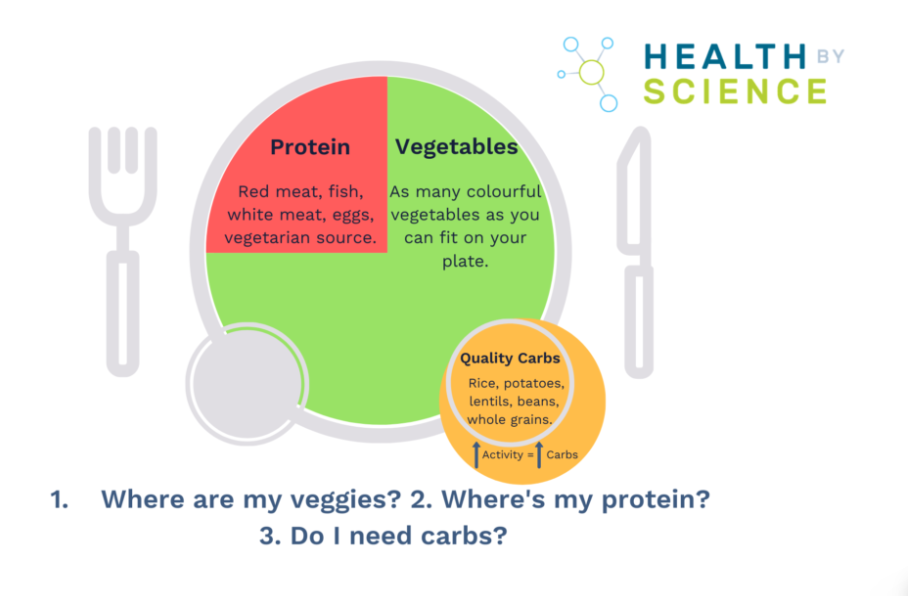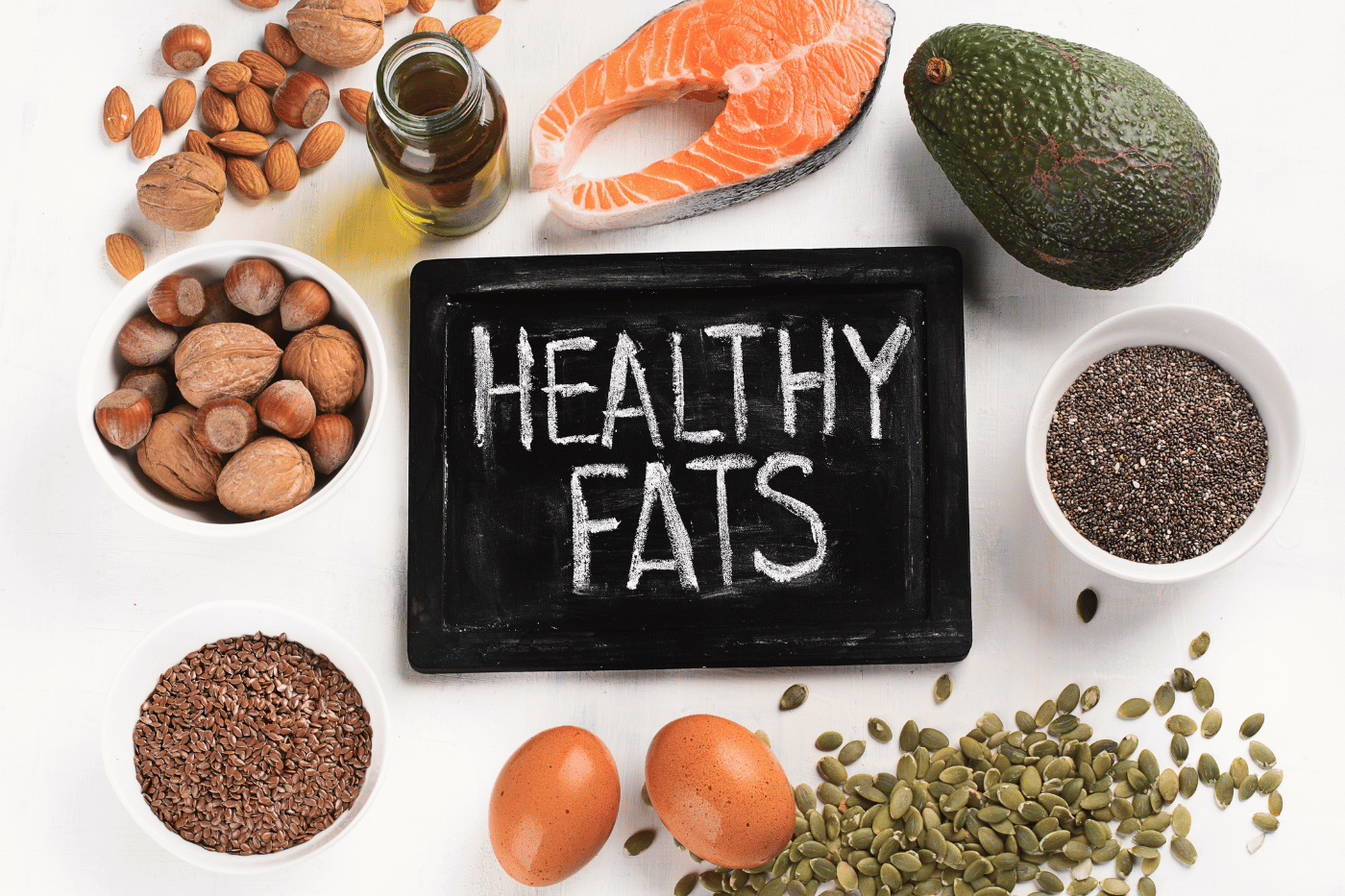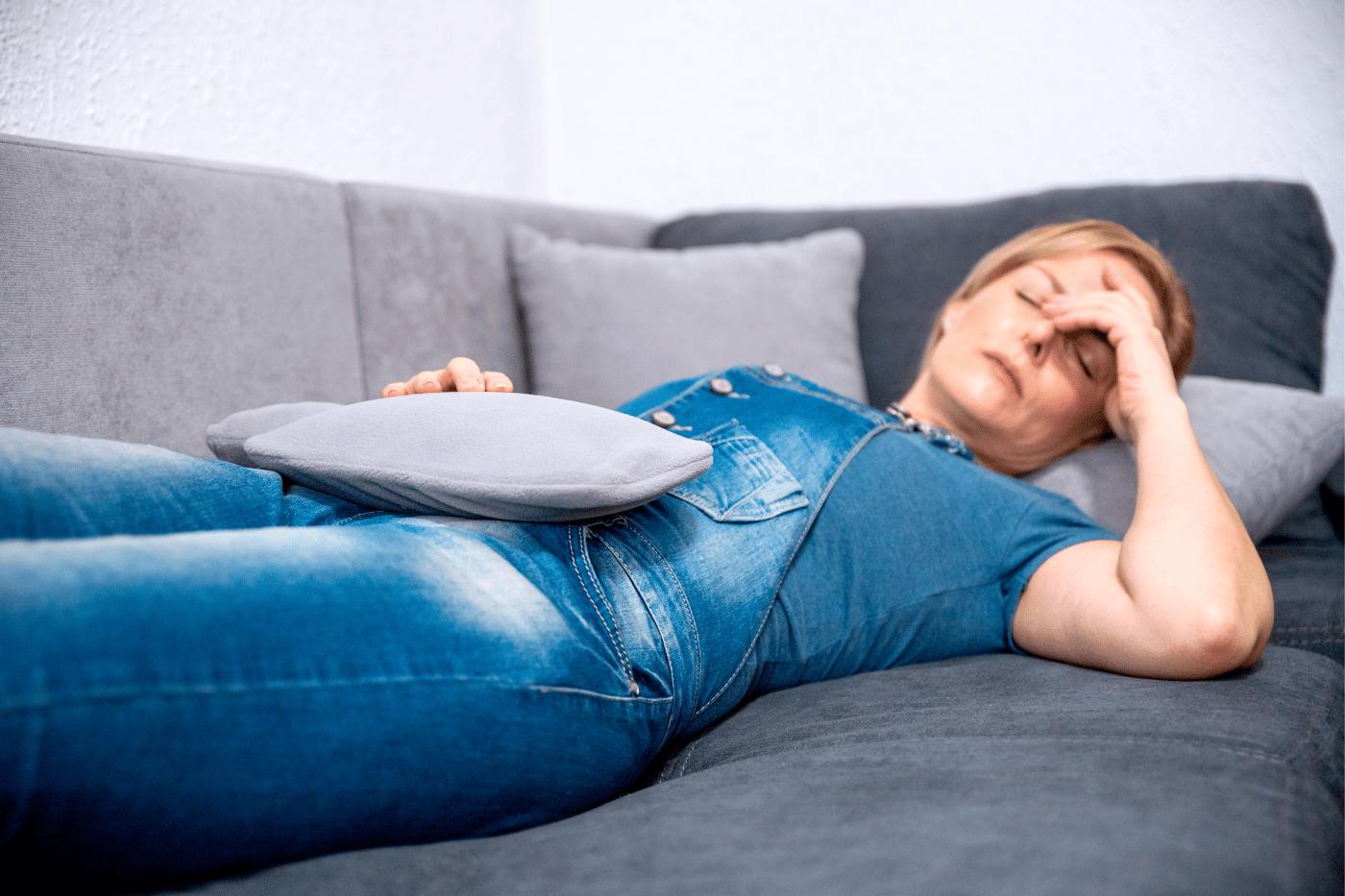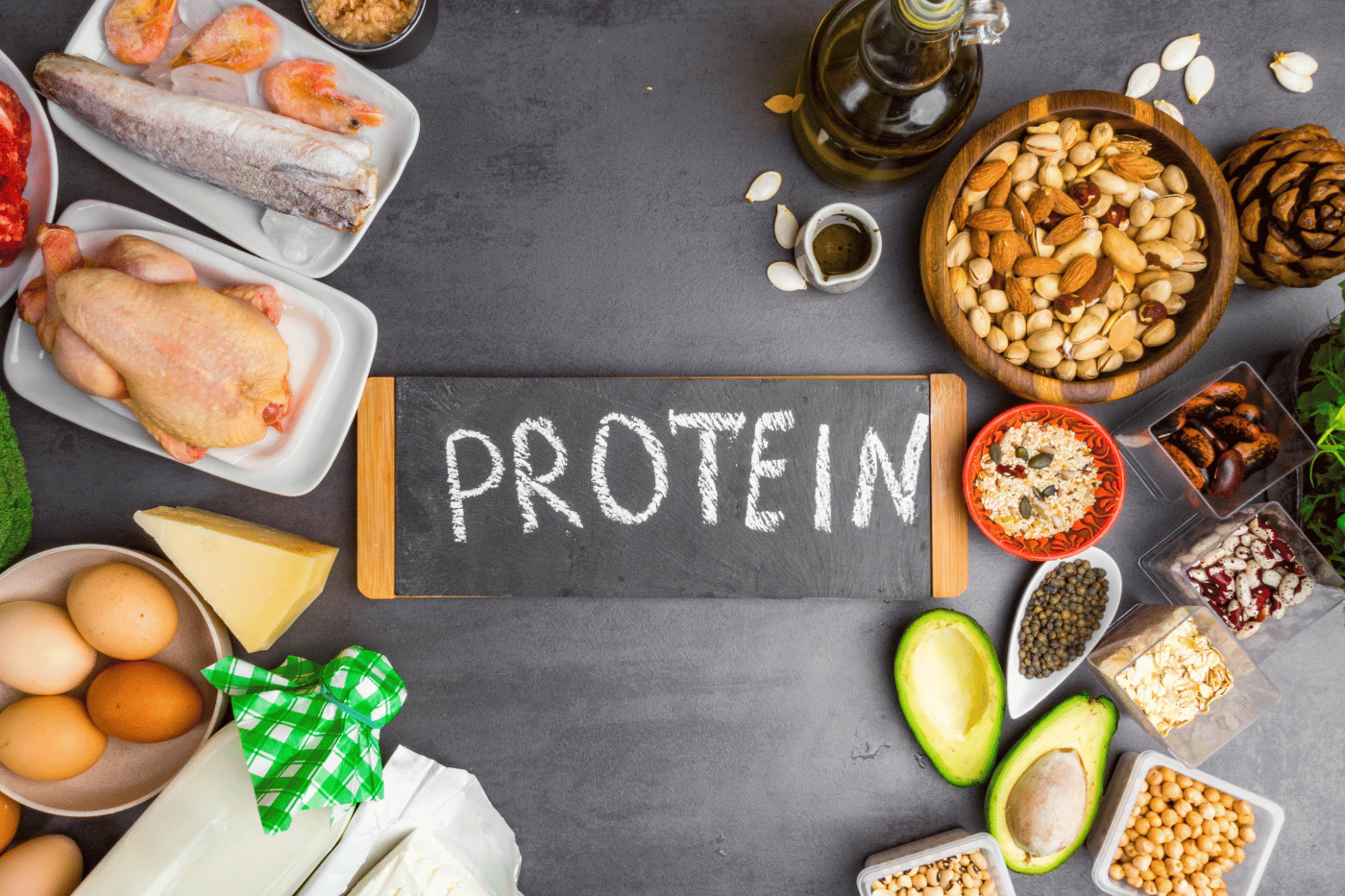Are Fats Bad for Weight Loss?
Healthy fats play a key role in weight loss and should be an essential part of your diet.
Did you know that fats can actually be your ally when it comes to dieting? It’s not just about cutting everything out! In fact, healthy fats are essential for weight loss. They help you feel full and satisfied after meals, which means you’re less likely to overeat. Plus, they keep your blood sugar levels stable, so you won’t experience those energy dips that often lead to unhealthy snacking. To further support your overall well-being and alleviate any physical tension or stress during your weight loss journey, consider Sports Massage.
But the benefits of healthy fats don’t stop there! They can also boost your metabolism and promote a healthy inflammatory response. All in all, healthy fats are an essential part of any successful weight loss plan. So, don’t be afraid to include them in your diet!
In this blog post, we will explore the role of fat in weight loss and provide some tips for incorporating healthy fats into your diet. We’ll also answer the following questions:
– Do fats make it harder to lose weight?
– How much fat do you need for weight loss?
– What are the best sources of fats?
– Can you eat poor quality fats and still lose weight?
Do fats make it harder to lose weight?
Are fats bad for weight loss? It’s a common question, and there are a lot of conflicting opinions out there but the truth is that the only way to lose weight is to consume fewer calories than you burn. If you’re curious about how many calories you need to lose weight, use our simple calorie calculator here.
It’s also important to note that excess calories can come from not just fats, but also carbs and protein. So instead of singling out one macronutrient, it’s best to focus on eating high quality foods in the right portion sizes. This means including a variety of nutritious foods from all food groups, including fats. Choose real foods like nuts and olives over ultra-processed foods like treats and cured meats.
When it comes to weight loss, it’s often more useful to focus on the quality and quantity of each macronutrient rather than blaming fats, carbs, or protein. A well-balanced diet, supported by our nutritional guidance, is crucial for your body’s ability to recover and perform, a foundational principle in Physiotherapy.
With so much information out there, it can be difficult to navigate what works and what doesn’t. That’s why we’ve created these articles to help simplify the principles of weight loss so that you can start seeing great results sustainably.
Although fats are not solely to blame for the obesity epidemic, they can be easy to overeat just like carbohydrates. Next time you’re in the garage, local small supermarket or restaurant, take a look at the number of high-fat and high-carbohydrate ultra-processed food and drink options compared to proteins. You’ll see that there are usually more of the former.

Protein is no more important than healthy fats for weight loss. However, foods high in protein are digested more slowly than fats, so they help us control our hunger better. At Health by Science, we don’t have a fat-related question on our plate (see below) because we focus on getting lots of vegetables and protein. Fat is most often used when cooking, so we rarely need to top up with other healthy fats and weight-loss foods.
The reason we emphasize protein and vegetables is that most people find it difficult to eat enough of them. Having too many fats and carbs is more often a problem than getting too few. Remember, the best approach is to focus on eating healthy foods in moderation, including a variety of nutritious foods from all food groups, and you’ll be on your way to successful weight loss!

How much fat do you need for weight loss?
As we’ve discussed before, having enough high quality, nutrient dense fats in your diet is crucial for regulating mood and maintaining good overall health. However, if you consume too much fat, it can hinder your weight loss goals. So, how much is too much?
According to reputable guidelines, 20-35% of your daily caloric intake should come from healthy fats when trying to lose weight (2). It’s also recommended to consume roughly 1.2 grams of protein per kilogram of body weight each day (use our free protein calculator here to find out how much protein you need).
But if you want help to determine the right amount for your specific needs then why not find out with our free consultations? Our expert Personal Trainers coaches will work with you to help you better understand what works best for you based on your needs, wants and lifestyle.
If you want to track your fat, protein and carbs intake on your own there are apps like Macrofactor and My Fitness Pal that are really useful.
If that’s not your thing, we also recommend using your hand as a portion size guide. For fats, one thumb-sized portion is a good rule of thumb (pun intended!). While this method may not be as precise as tracking with an app, it’s easy, relative to your own hand size, and always accessible.

What are the best sources of fats?
Whether or not fats are bad for weight loss depends on the quality and quantity of the fats you’re eating.
Now that you know the number of fats that you need, it’s important to understand where the best quality sources come from.
Processing food isn’t inherently bad but in general, the less processing a food has been through the more chance it has of sustaining its nutrient density. Nutrients are key for helping you to feel full and keep your weight under control.
It’s also important to remember that foods are not inherently “good” or “bad”, there are just better quality foods which we should aim to eat more of and “poorer” quality foods which we should aim to eat less of when trying to lose weight.
Can you eat poor-quality fats and still lose weight?
A diet missing poor-quality fats is not a healthy diet. These foods taste really good and are there to be enjoyed.
Can we live without them? Absolutely.
Do we have to? No.
In our opinion, the problem is that they used to be considered treats but now such foods are extremely convenient, and therefore, common in most people’s diets today. This can make it hard very difficult to control our energy intake.
If, however, you are able to make up 80% of your diet from good quality food, however, then you can get away with eating treats and still losing weight. So long as your calorie intake is low enough.
At first, this can be hard because these foods typically taste great and you will crave them.
Amazingly though, our taste is plastic (meaning our cravings can change) and responds to the foods we eat regularly.
Understanding your nutrition requirements based on your goals and individual barriers is a key part of achieving sustainable weight loss, just like our Personal Training clients.
Looking for personalized guidance and support to achieve your weight loss goals? Our dedicated team of Personal Trainers is here to help you every step of the way. Whether you’re aiming to shed those extra pounds, build muscle, or improve your overall fitness, our trainers will design a customized program tailored to your needs.
References:
1) JY;, C. C. (n.d.). Essential fatty acids and human brain. Retrieved from https://pubmed.ncbi.nlm.nih.gov/20329590/#:~:text=The human brain is nearly,integrity and ability to perform.
2) Liu, Ann G, et al. “A Healthy Approach to Dietary Fats: Understanding the Science and Taking Action to Reduce Consumer Confusion.” Nutrition Journal, BioMed Central, 30 Aug. 2017, www.ncbi.nlm.nih.gov/pmc/articles/PMC5577766/.



